Butt odor is common, fixable, and usually tied to simple things like not cleaning well after bowel movements, sweat trapped in the gluteal cleft, or damp, non-breathable underwear. If your butt smells, the fastest way to cut odor is a water-first approach—rinse with a bidet or warm water—then dry fully and change into clean, breathable clothing. This expert-backed guide starts with quick answers and first steps, then goes deeper into science-based causes (hygiene, medical, post-surgery), daily routines, prevention, red flags, “BBL smell,” product guidance, myths, and handy tools. Expect clear steps you can use today to reduce butt odor, regain comfort, and keep your hygiene routine simple and safe.
Butt Odor: Quick Answers & First Steps
Is this normal? A quick check
Sometimes a little ass smell is normal, just like underarms. Sweat, heat, and tight pants can make the crevice of your body feel damp and musty. That said, strong or new odor plus pain or discharge can signal a problem. Use this quick triage:
| Signal | What it means | What to do now |
| Green | Mild sweat/fabric-related smell that improves after rinsing and drying | Rinse with water, pat dry, change into breathable cotton or moisture-wicking underwear |
| Yellow | Recurring smelly butt despite basic cleaning; worse with tight/synthetic fabrics | Start a water-first clean, improve drying, switch fabrics, check for skin irritation or intertrigo |
| Red | New pain, bleeding, discharge, fever, post-surgical wound odor | Seek medical care promptly; these can be signs of infection or other conditions |
If you’re thinking “why does my butt stink even after I wash?” move from wipes-only to water-first cleaning, then dry better and change fabrics.
Do this now (5-minute plan)
- Rinse the anus and butt crack with warm water (bidet, showerhead, or handheld rinse).
- Clean only the outer skin with a small amount of unscented, pH-balanced body wash; do not scrub the inner butthole.
- Pat dry completely with a soft towel. Use a cool hair dryer on low if needed to get the skin fully dry.
- Change into clean, breathable cotton or modal underwear; avoid nylon/polyester that does not breathe.
- If skin is irritated, apply a thin layer of zinc oxide or petrolatum as a barrier.
This quick reset often reduces stinky buttocks within minutes.
What causes persistent butt odor even after showering?
Common reasons include:
- Incomplete cleaning after pooping (residue can cling in skin folds and hair)
- Residual moisture that feeds bacteria and yeast
- Intertrigo or fungal overgrowth in damp folds
- Rectal discharge from hemorrhoids, fissures, or STIs
- Tight, synthetic underwear that traps heat and sweat
If your ass stinks even after rinsing and drying, look at moisture, fabric, and signs of skin or anal problems.
Visual/interactive
Traffic-light symptom table above
First 24 hours checklist:
- Switch to water-first cleaning
- Dry fully after each rinse and after workouts
- Wear breathable, moisture-wicking underwear
- Avoid tight-fitting pants for a day
- Note any pain, bleeding, discharge, or fever and call your clinician if present

Causes of Butt Odor
Hygiene gaps and sweat traps
The most common cause of buttstink is simple: poor wiping and leftover poop residue. Dry paper alone can miss sticky residue. A bidet or rinse gets rid of what paper leaves behind. Sweat also plays a big role. The gluteal cleft (butt crack) is warm and tightly closed most of the day. When sweat from the sweat glands sits in that fold, bacteria break it down and create a funky stench. Add friction from walking or sitting, and you get swamp ass—a damp, smelly mix that can worsen through the day.
Dirty or damp underwear makes it worse. So do synthetic fabrics like nylon and polyester that don’t let skin breathe. People with a lot of butt hair may also notice more smelly ass because hair can hold moisture and residue.
To put it simply: hygiene → moisture → bacteria/yeast → odor. Reduce residue and moisture, and odor usually drops fast.
Medical conditions linked to anal odor
If odor sticks around despite good anal hygiene, look for medical causes. These include:
- Hemorrhoids (hemorrhoids are swollen veins): They can leave mucus on the skin, leading to itching, irritation, and smell. Sometimes there’s bleeding on the tissue (Source: Mayo Clinic, 2025, Hemorrhoids).
- Anal fissures (small tears): Painful bowel movements and small amounts of blood can mix with discharge (Source: NHS, 2025, Anal Fissure).
- Anal fistula: An abnormal tunnel from the rectum to the skin that can drain pus or stool, causing a distinct smell.
- Intertrigo/Candida: A rash in skin folds from moisture and friction; yeast overgrowth adds a sour or musty odor.
- Dermatitis or eczema: Broken skin traps sweat and can smell.
- STIs such as chlamydia, gonorrhea, or herpes can cause rectal discharge, pain, or sores. Rectal STIs may show only discharge or odor at first (Source: WHO, 2025, Sexually transmitted infections).
None of these are shameful. They’re common, and a clinician can help you treat the cause.
Post-surgical and procedural causes
After a Brazilian Butt Lift (BBL) or any buttock procedure, odor may come from:
- Normal healing fluids that should reduce over days with proper care
- Wound infection, which can cause a foul smell, pain, fever, or discolored drainage
- Fat necrosis (dead fat) after fat transfer, which can create persistent odor if not managed
If you notice a new strong smell after surgery—especially with warmth, redness, fever, or pus—call your surgeon. Follow-up visits matter. Cleaning as instructed, keeping dressings clean and dry, and watching for warning signs are key to preventing “BBL smell.”
Diet, microbiome, and metabolism
Food, gut flora, and health conditions can change how smelly is the anus. Examples:
- Sulfur-rich foods (like some cruciferous vegetables, eggs), strong spices, garlic, and onions can make gas and residue smell stronger.
- Big shifts in fiber can change stool texture, causing smearing.
- Lactose intolerance can cause diarrhea and leakage after dairy.
- IBS/IBD can lead to mucus, urgency, and goop that sticks to skin.
- Diabetes and high blood sugar can increase risk of bacterial infections and yeast in skin folds.
Small diet changes and better moisture control often help. If you notice odor spikes after certain meals, a simple food journal can reveal patterns.

How to Get Rid of a Smelly Butt: Daily Routine
Water-first cleansing (bidet basics)
Water is your best tool for how to get rid of smelly butt. Dry paper often leaves residue. A bidet or gentle handheld rinse with warm water cleans better with less skin damage. Use a tiny amount of a hypoallergenic, paraben-free, unscented cleanser only on the outer skin. Do not scrub or insert soap into the anus. Rinse well.
Then, dry. Moisture is the fuel that keeps odor going. Pat with a soft towel. If your skin stays damp, use a cool hair dryer on low for 15–20 seconds to get the fold fully dry.
Wiping techniques and tools
If you’re not near water, wipe front-to-back using minimal pressure. Choose alcohol-free wipes to avoid irritation. Avoid heavy perfumes. If wipes leave a film, follow with dry paper to remove residue.
Do not over-wipe. Too much friction breaks the skin barrier and makes odor worse over time. If skin is irritated, put a thin layer of zinc oxide or petrolatum as a barrier. This also reduces itching from minor leaks or sweat.
Wondering “why do I still smell after wiping?” Often it’s because dry paper moves residue around more than it removes it. Add a water rinse whenever possible.
Showering and drying best practices
Short, lukewarm showers are best. Hot water and harsh scrubbing dry out skin and can lead to more rash and smell. Wash the buttock area and skin folds carefully, then rinse well. Dry between the cheeks completely. If you’re sweaty, towel off mid-day. After a workout, do a quick rinse-and-dry if you can.
Visuals and printables
Step-by-step rinse–clean–dry sequence:
- Rinse with warm water
- Clean outer skin with a small amount of unscented cleanser
- Rinse again
- Pat dry completely
- Apply barrier ointment if irritated
- Put on fresh, breathable underwear
Daily Freshness Routine checklist:
- Water-first clean after bowel movements
- Complete drying, every time
- Breathable underwear in the morning; spare pair in your bag
- Mid-day towel-off or rinse if sweaty
- Barrier cream only if skin is irritated
Prevention & Lifestyle: Sweat, Clothing, Habits
Sweat management for the perineal area
If your butt smells more on hot days or after sitting, sweat is likely the trigger. Use moisture-wicking underwear or shorts. Choose pants that allow air flow. After workouts, do a quick rinse or at least a clean towel-off and change clothes.
Talc-free body powders can help, but only on dry skin. A thin layer of zinc oxide on irritated areas can protect skin from friction. Be careful with antiperspirant on the area—it can irritate delicate skin. Test a small patch if you try it, and stop if there is itching or redness.
Underwear, fabrics, and laundry
Breathable cotton or modal blends help your skin breathe. Change underwear once daily minimum, and more often if you’re sweaty or active. Avoid long hours in non-breathable fabrics like nylon and polyester against the skin. Choose gentle, scent-free detergent and rinse your laundry well to reduce skin irritation.
Bathroom habits and stool consistency
Aim for soft, formed stools that are easy to pass. That means balanced fiber, enough water, and not straining. If stools are too loose, you may get fecal smearing, which causes odor. If stools are too hard, you may develop fissures or worsen hemorrhoids, which can also lead to leakage. Give yourself time; rushing leads to poor wiping and residue.
Can diet make your butt smell?
Yes. Some foods and drinks change odor or stool texture. Consider trial swaps:
| Common trigger | Why it can smell | Try this instead |
| Garlic, onions, sulfur-rich veggies | Strong sulfur compounds in gas | Smaller portions; pair with high-fiber foods |
| Spicy foods, alcohol | Can cause loose stools and leakage | Space out spicy meals; hydrate; limit alcohol |
| Ultra-processed foods | May upset gut flora and stool texture | Choose whole foods and steady fiber intake |
| Dairy (if lactose intolerant) | Gas, bloating, diarrhea | Lactose-free dairy or enzyme tablets |
Track what you eat and note odor changes for 1–2 weeks. Small tweaks can reduce anal odor a lot.

Medical Red Flags and When to See a Doctor
Symptoms that warrant care
Call a clinician if you have:
- New or worsening anal pain
- Bleeding, persistent discharge, or sores
- Fever or feeling unwell
- Odor lasting more than two weeks despite good cleaning
- A non-healing wound or post-op butt stinky with drainage
These can signal infection, hemorrhoids, fissures, fistula, or an STI. Getting help early prevents complications.
STI and infection indicators
Rectal sexually transmitted infections such as chlamydia and gonorrhea can cause discharge, bleeding, pain, or a feeling of fullness. Some people only notice odor or mucus. If you have receptive anal sex, get tested if symptoms appear. If there’s fever, spreading redness, foul-smelling pus, or severe pain, seek urgent care—these are signs of infection.
When is butt odor a medical issue?
It’s medical when odor comes with discharge, pain, bleeding, fever, new sores, a non-healing wound, or when you’re post-surgery and notice a funky stench that is getting worse. It’s also medical if my anus smells even after washing (female or male) and you see skin changes, severe itching, or ongoing leakage.
Interactive tools
Simple symptom flow:
- Odor only, no pain/bleeding/fever → Upgrade cleaning and fabrics, monitor 1–2 weeks
- Odor + irritation/rash → Add barrier care, keep dry, consider antifungal if rash in folds; see clinician if no improvement in a week
- Odor + pain/bleeding/discharge/fever or post-op wound → See a clinician now
Bring to your visit: when odor started, any discharge, pain level, bowel habit changes, diet/shifts, products used, and any high-risk sexual exposures.
Special Situations: BBL Smell, Athletes, Incontinence
“BBL smell” explained and prevented
After fat transfer to the booty, some odor can occur from dressings and normal wound fluid. Strong, lasting odor with redness, fever, or pus may signal infection or fat necrosis (dead fat tissue). Prevention includes:
- Follow your surgeon’s cleaning routine exactly
- Keep dressings clean and dry; change as directed
- Avoid tight pressure on healing areas unless your surgeon instructs special garments
- Keep all follow-ups; call if you notice worsening odor or pain
If you’re unsure whether the smell is normal, contact your surgical team. Post-op care is not the time to guess.
Athletes and high-sweat professions
Runners, cyclists, and people in hot or heavy jobs often deal with sweaty gear and friction. Control chafing with barrier creams, moisture-wicking shorts, and quick mid-day rinses. Pack a small kit: spare underwear, soft towel, alcohol-free wipes, and a travel-size barrier ointment. After workouts, rinse and dry, then change into clean clothes to stop ass smell from setting in.
Incontinence, IBS/IBD, and leakage
If you have incontinence or IBS/IBD, protect the skin. Apply a thin layer of zinc oxide or petrolatum to clean, dry skin after each bowel movement. Use disposable washcloths or water-first cleaning. Keep a spare pair of underwear and a small bag for soiled clothing. Ask your clinician about fiber adjustments, stool-bulking strategies, and treatments that can reduce urgency and leakage.
Visuals
Care pathway for post-op or high-sweat users:
Clean with water → Dry fully → Barrier if needed → Breathable layers → Monitor skin → Call clinician if warning signs appear
Gym/travel kit checklist:
- Breathable spare underwear
- Small towel
- Alcohol-free wipes
- Travel bidet or squeeze bottle
- Barrier cream
- Small powder for dry skin only

Products & Treatments: What Works, What to Avoid
Cleansers, wipes, and bidets
Choose unscented, pH-balanced cleansers. A little goes a long way. Avoid harsh scrubs or strong fragrance on the anus. For wipes, pick alcohol-free and low-fragrance options, and follow with dry paper to remove leftover film. A bidet or rinse bottle is the best upgrade if butt smells linger after wiping—water removes residue that dry paper misses.
Topicals and medications
For rash in folds (intertrigo) or obvious yeast, an over-the-counter antifungal may help. For bacterial infections, you may need a prescription antibiotic or antiseptic wash—see a clinician. Use low-strength steroid creams with care and only for short periods, as they can thin the skin if used long-term. For hemorrhoid irritation, soothing creams and sitz baths can help while you work on stool softness.
Powders and deodorants
Talc-free powders can keep dry skin dry. Do not put powders on wet skin; they can clump and worsen smell. Be cautious with personal deodorant on sensitive skin; it can burn or cause dermatitis. If you try, apply a small amount and stop at the first sign of itching or redness.
Home remedies: evidence and risks
Some home ideas can irritate the area. Use caution.
| Approach | Possible benefit | Key risks | Use or avoid |
| Diluted vinegar rinse | May change pH on skin | Stings on broken skin; irritation | Avoid if irritated; not first-line |
| Baking soda baths | Gentle odor control | Drying if overused | Occasional short soaks only |
| Tea tree oil | Antimicrobial | High allergy/irritation risk | Avoid on sensitive anal skin |
| Plain petrolatum or zinc oxide | Barrier to moisture/friction | Rare sensitivity | Useful if skin is irritated |
The key point is to keep it simple: water-first cleaning, full drying, smart fabrics, and gentle barriers beat most butt odor.
Myths & Mistakes
Over-cleansing harms your skin barrier
More soap won’t fix a stinky butthole. Over-washing and scrubbing strip oils, leave micro-cuts, and invite rash. That leads to more smell. Use water-first, a little gentle cleanser only on outer skin, and stop scrubbing. Treat your butt like your armpit—gentle and consistent wins.
Myth-busting bullets
- “Perfume covers odor.” It often mixes with odor and irritates skin.
- “Baby wipes solve everything.” Wipes help, but water removes residue best.
- “More fiber always helps.” Too much fiber can cause gas or loose stools and more smearing. Balance is key.
- “Powder is always safe.” Powder on wet skin can cake and worsen odor.

FAQs
1. Is butt deodorant safe?
Butt deodorant can be helpful in certain situations, but you need to be careful. The skin around the anus is much thinner and more sensitive than your armpit, so products designed for body odor control elsewhere may cause irritation, redness, or even burning if applied directly to the anal area. If you want to try it, choose a fragrance-free and hypoallergenic formula, apply only a very small amount, and stop immediately if you notice discomfort. Remember, deodorant should be seen as a supplement, not your main method of odor prevention. A proper hygiene routine with water-first cleaning, complete drying, and breathable underwear will usually control odor more effectively and safely.
2. How often should I change underwear?
To conquer swamp ass and keep your tushy fresh, change underwear at least once daily. If you sweat, smell like you just left the gym, or deal with stinky butt during workouts, change again after washing and drying. Breathable cotton or modal helps prevent unwanted odor, while nylon traps moisture near the hole and makes butt smells worse. Hairy areas and folds can hold sweat, making your body odor linger longer than you’d like. Fresh underwear acts like a shield, helping you feel odorless and refreshed throughout the day. Just like you wouldn’t wear the same sweaty armpit shirt twice, don’t reuse yesterday’s underwear if you want to conquer odor. Regular swaps keep anal aroma low and prevent your tushy from turning into a swamp ass zone. Aim for clean, dry, breathable underwear to refresh your body and stop stinky butt in its tracks.
3. Do probiotics stop butt odor?
Probiotics can play a role in gut health, and some people notice less gas and bloating when they take them. Since digestive changes affect stool and discharge, probiotics may indirectly improve odor in certain cases. However, evidence that they directly prevent anal odor is still limited. Butt odor is usually related more to hygiene habits, skin moisture, and underwear choices than to gut bacteria alone. If you want to try probiotics, look at them as one part of a bigger routine that includes proper cleaning, moisture control, and balanced diet. For most people, improving wiping technique, using water-based cleaning, and staying dry will have a stronger effect on reducing odor than supplements alone.
4. How do I stop butt crack sweat causing odor?
Sweat between the buttocks is a common cause of odor, especially in warm or humid environments. To reduce it, wear breathable fabrics such as cotton or moisture-wicking blends, and avoid tight synthetic clothing that traps heat. Change out of sweaty underwear or workout gear as soon as possible. After exercise, rinse or at least towel off and put on dry clothes. You can also apply a light layer of talc-free body powder or barrier ointment on fully dry skin to reduce friction and keep moisture from building up. Small changes like sitting on breathable chairs, standing up for short breaks, and drying thoroughly after showering help prevent odor caused by sweat in this area.
5. Is it normal to smell after a BBL?
A mild healing scent after a Brazilian Butt Lift or similar procedure can be normal in the early days. This is usually related to wound fluid or dressings and should improve gradually as healing progresses. However, if you notice a strong, foul odor accompanied by pain, redness, drainage, fever, or warmth at the surgical site, this could indicate infection or fat necrosis. In such cases, it is important to contact your surgeon promptly. Always follow your provider’s instructions for cleaning and dressing changes, keep the surgical area dry, and attend follow-up appointments. Paying attention to changes in odor and overall healing can help you catch complications early.
6. Does shaving bum hair reduce smell?
Trimming or reducing hair in the buttock area can sometimes make cleaning easier and reduce odor, since hair may trap sweat and residue. However, full shaving carries risks. The skin near the anus is sensitive, and shaving too closely can cause razor burn, small cuts, or ingrown hairs, which may actually worsen irritation and odor. If you choose to manage hair, trimming with clippers or scissors is generally safer than a close shave. Maintaining hygiene through regular water-based cleaning and thorough drying is more effective for odor control than hair removal alone. Consider trimming for comfort, but avoid aggressive shaving that may create more problems.

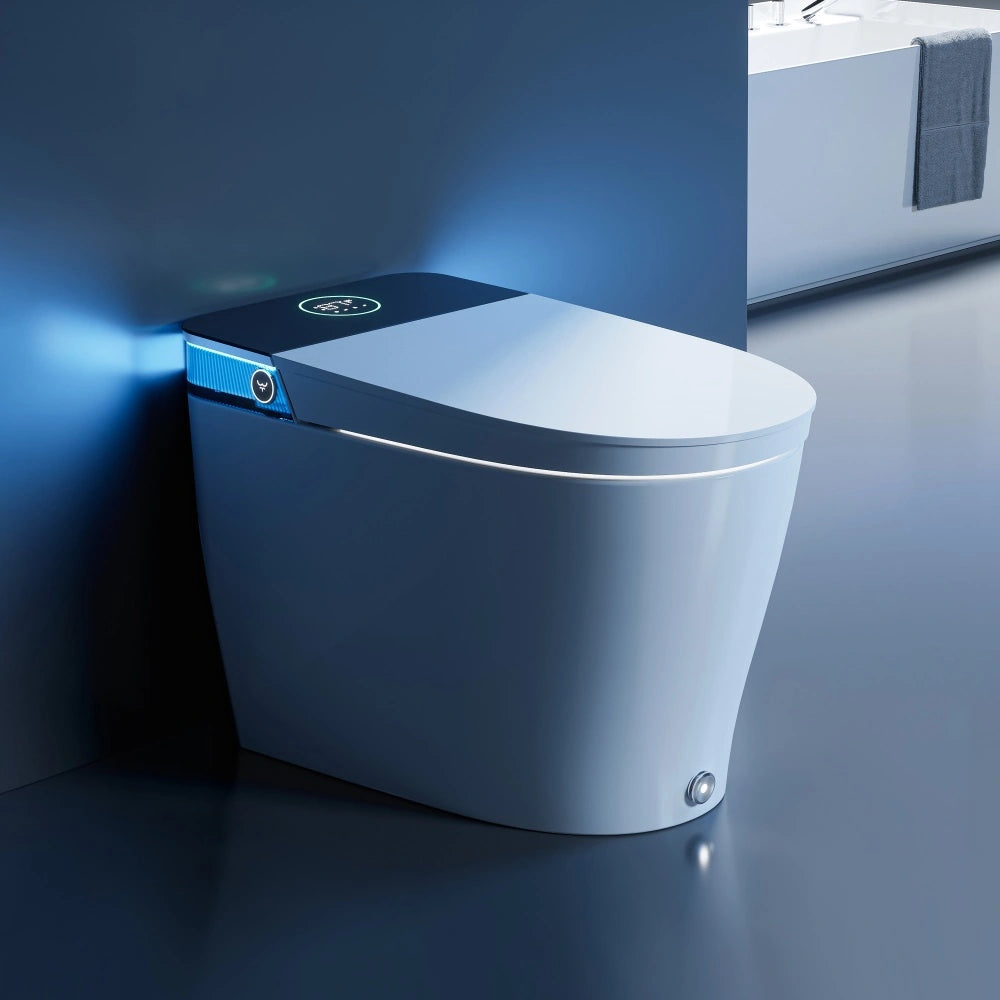
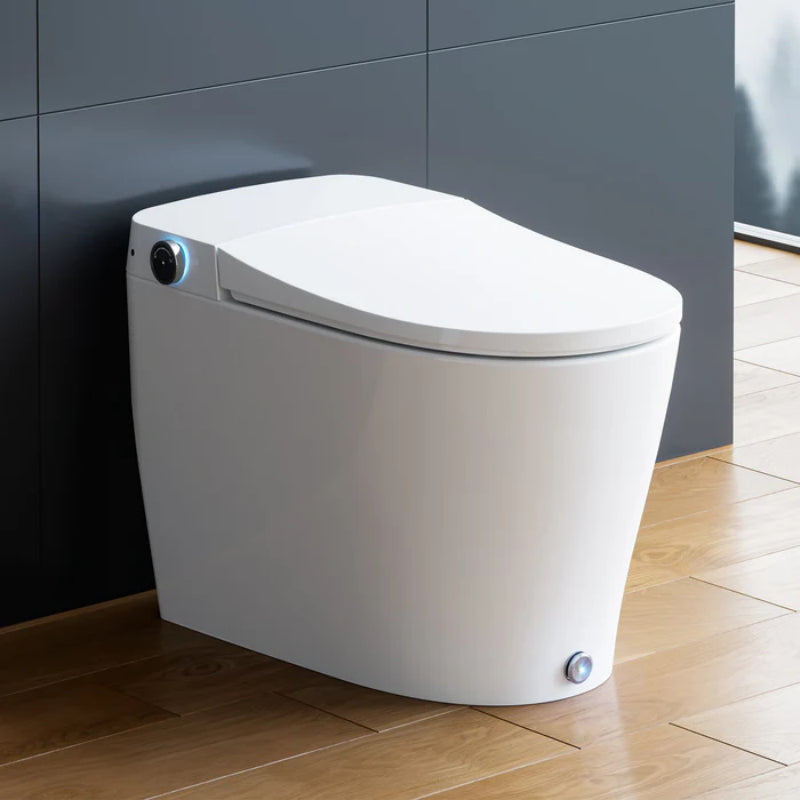
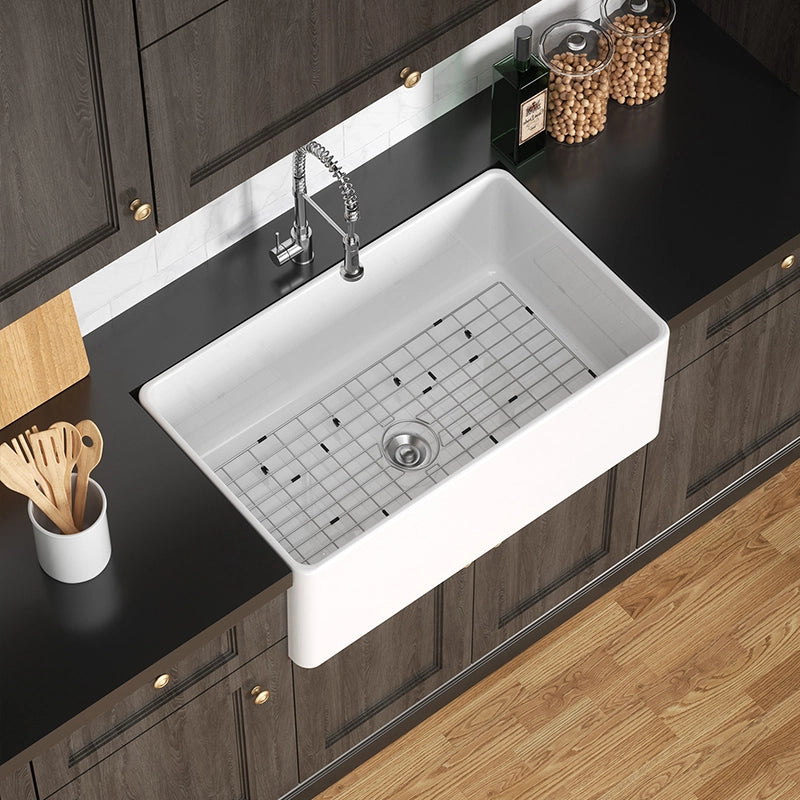
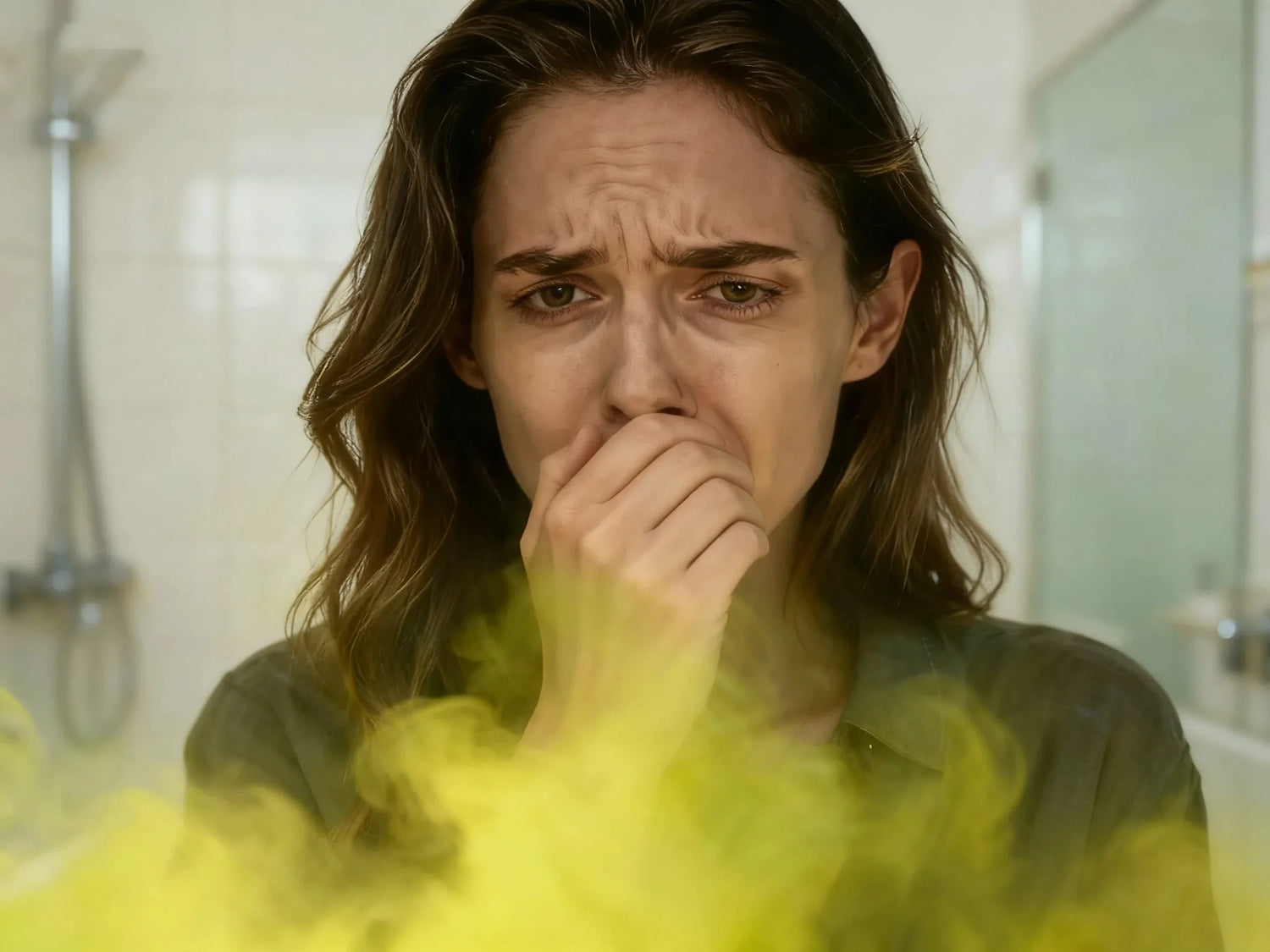

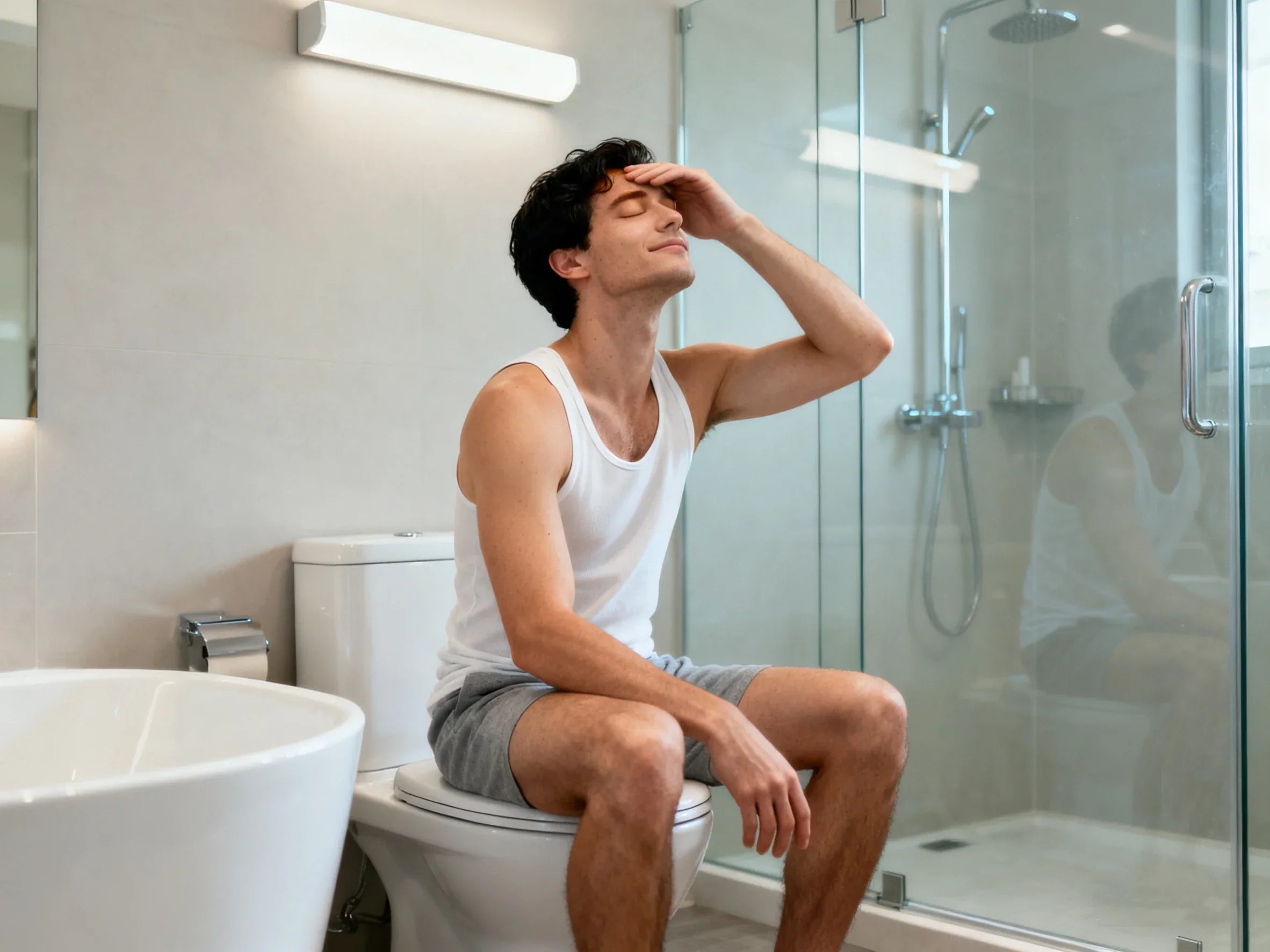

Leave a comment
This site is protected by hCaptcha and the hCaptcha Privacy Policy and Terms of Service apply.